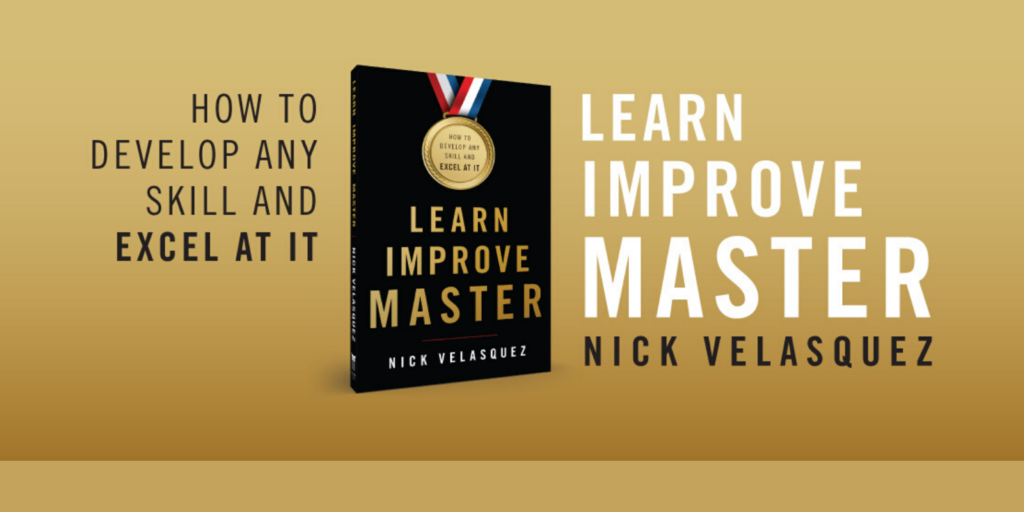We’ve all heard, “Oh, I’m no good at math. I’m right-brained!” Similarly, someone might say, “I can’t learn by listening. I need to see the information.” Or even, “Don’t bother. Old dogs can’t learn new tricks.”
These three statements have one thing in common: they’re all myths that can limit our learning potential if we believe them.







